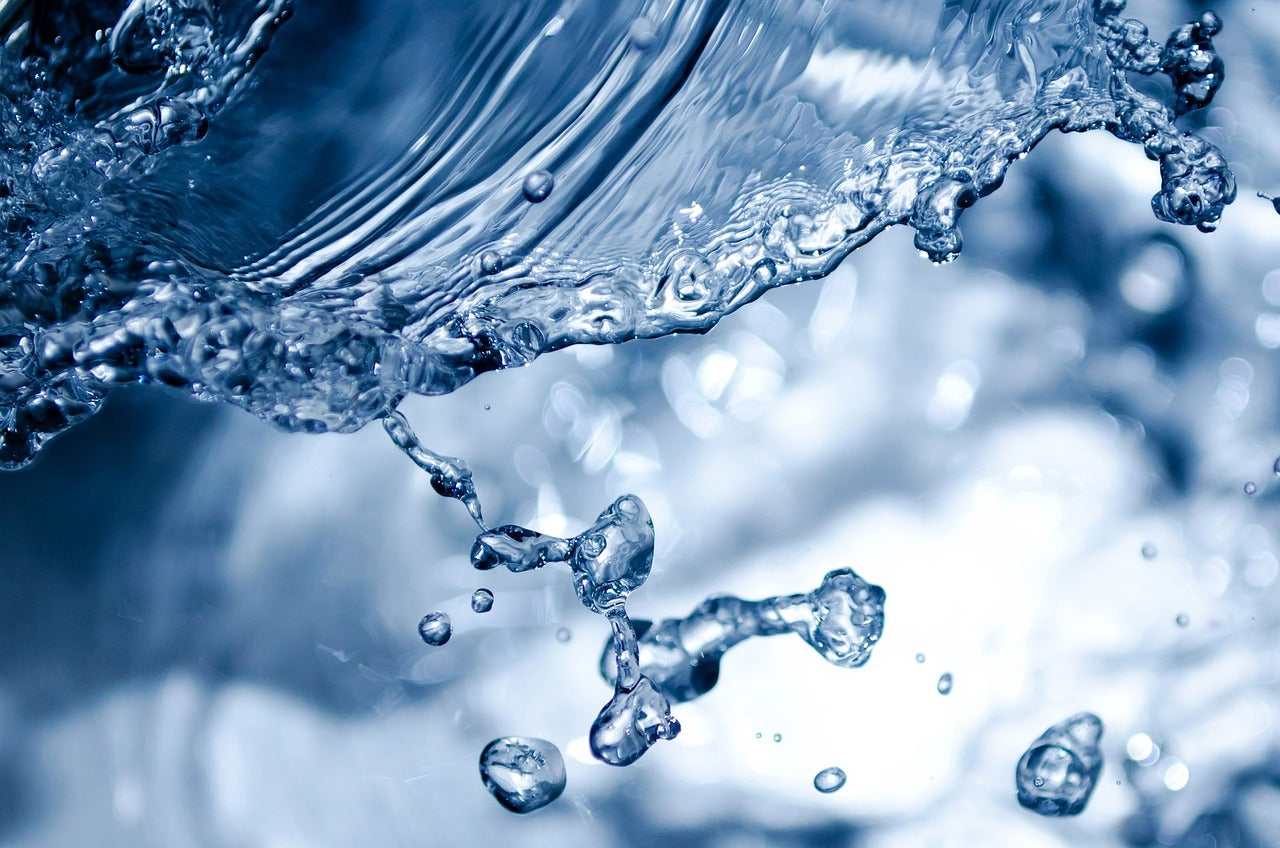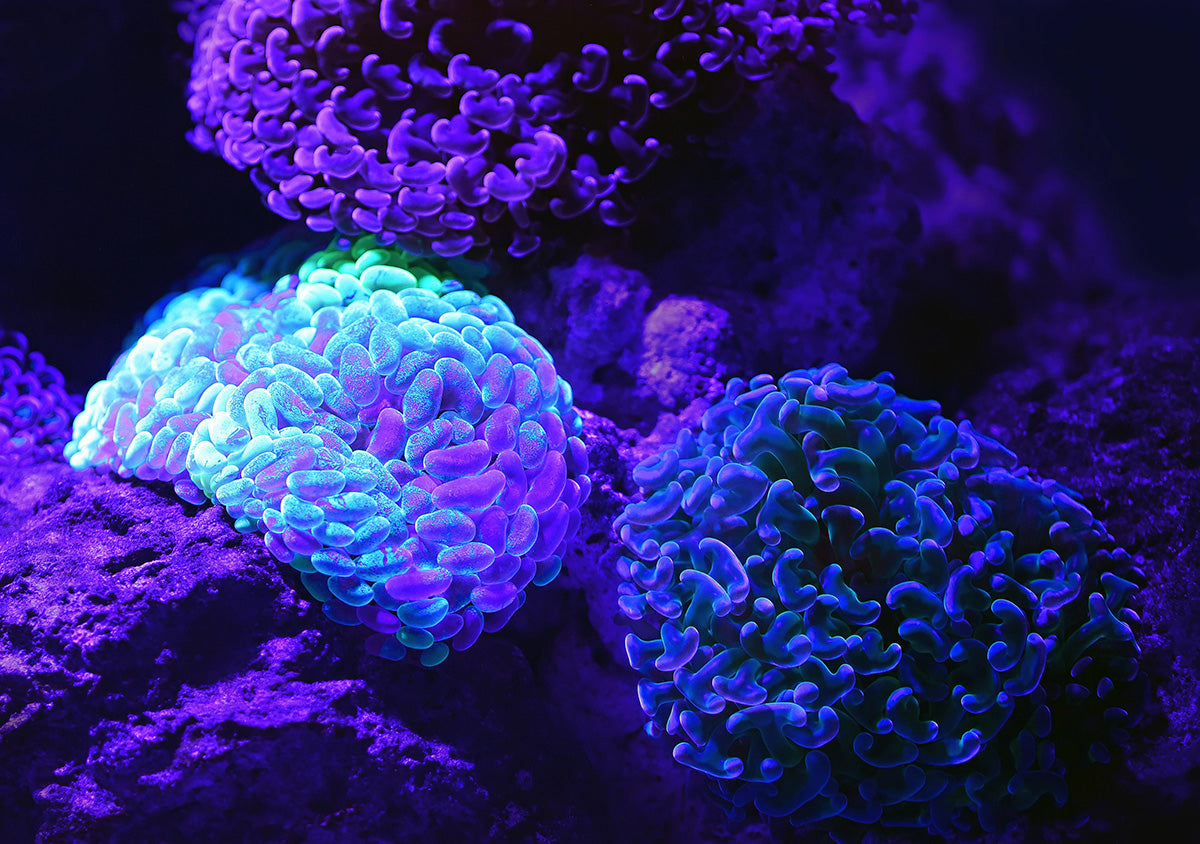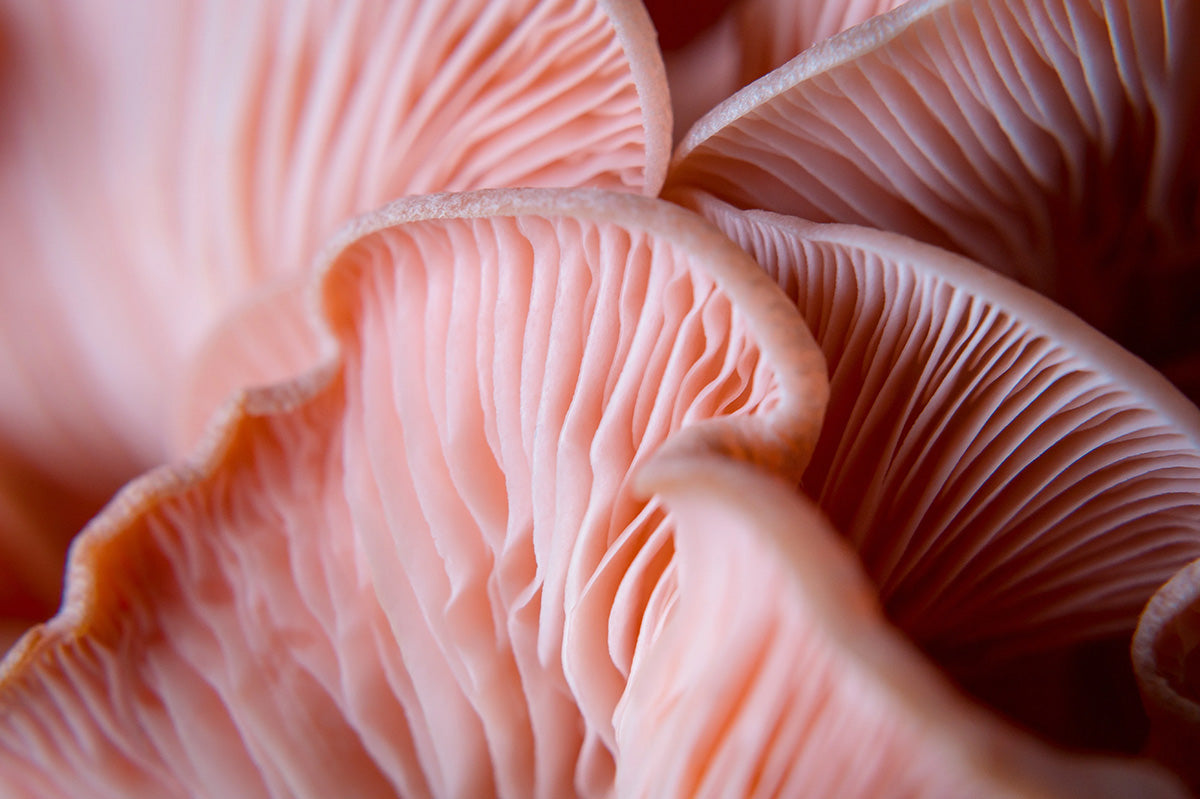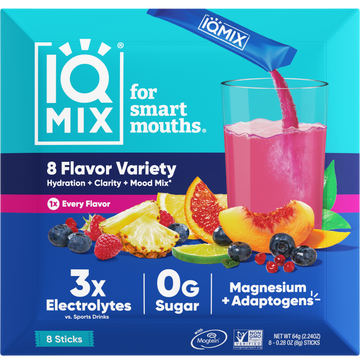Have you been feeling sluggish, experiencing muscle weakness, and getting headaches more than usual? One possible reason for your discomfort could be electrolyte imbalance.
Electrolytes play a critical role in maintaining fluid balance, muscle function, nerve transmission, and other vital bodily processes. They’re found in the blood, urine, and body fluids, and obtained through foods, drinks, and supplements.
When these minerals are out of whack, it can lead to a host of symptoms that can impact your daily life. In this article, we’ll dive into the symptoms of electrolyte imbalances, causes, and remedies to help you maintain and restore optimal electrolyte levels.
Whether you’re an athlete pushing your body to the limit or just someone looking to maintain good health, this information is essential for you to understand.
What Do Electrolytes Do in the Body?
Electrolytes are minerals that carry an electric charge in the body. These charges support many vital bodily processes. Let’s take a look at the main functions of each electrolyte.[*]
- Sodium is crucial for maintaining fluid balance and supporting the proper functioning of nerves and muscles.
- Potassium is essential for keeping the heart, nerves, and muscles healthy. It also facilitates the transport of nutrients into cells and waste products out of them, aiding metabolism.
- Calcium is vital for regulating blood pressure through the contraction and expansion of blood vessels. It also plays a role in hormone and enzyme secretion, helping the nervous system send messages.
- Chloride helps maintain healthy blood levels, blood pressure, and body fluids balance.
- Magnesium supports nerve function, muscle function, and energy production.
- Phosphate is important for maintaining a healthy skeletal system, as well as supporting nerve and muscle function.
- Bicarbonate helps balance the pH levels in the blood by controlling acids and basic alkaline compounds. It also helps remove carbon dioxide, a waste product, from the bloodstream.
As you can imagine, if any of these electrolytes are out of balance, many symptoms and issues can arise (more on this shortly).
Causes of Electrolyte Imbalance
Electrolyte imbalances can be caused by a variety of factors, including dehydration, illness, medications, and diets low in electrolyte-rich foods. Let’s take a closer look at each of these causes.
#1: Dehydration and Overhydration
Dehydration and overhydration are common causes of electrolyte imbalances. When you don’t drink enough fluids or too much fluid, your body becomes dehydrated or overhydrated, respectively, and these states can cause an imbalance in electrolyte levels.
Dehydration can result from sweating, diarrhea, vomiting, and other conditions that cause fluid loss. This condition is most common in athletes, those who live in warm climates, and seniors.
Overhydration most commonly occurs in athletes who drink large amounts of water during strenuous exercise.[*] Excessive water consumption can dilute blood sodium levels, sometimes causing a condition called hyponatremia (low serum sodium).
#2: Diet
Diets low in electrolyte-rich foods can contribute to electrolyte imbalances. For example, low-carb diets like keto eliminate many electrolyte-rich foods like legumes, (most) fruits, and potatoes. Keto diets can also impact electrolyte levels by causing fluid loss.
Additionally, those following a whole-food diet of any kind (paleo, keto, vegan, etc.) eliminate most processed foods, which results in significantly less sodium intake. Plus, a whole foods diet is naturally low in salt, and most people go easy on added salt because we’ve been (incorrectly) told that sodium is bad for our health.
In reality, the human body requires sodium to contract and relax muscles, conduct nerve impulses, and maintain the proper balance of water and minerals in the blood.[*][*]
#3: Illness and Medications
Certain illnesses and diseases, such as chronic kidney disease, heart failure, and liver disease, can impact electrolyte levels in the body. Other medical conditions, such as diabetes, can affect electrolyte levels by causing excessive urination and fluid loss.[*]
Certain medications, such as diuretics, can also cause excessive fluid loss and impact electrolyte levels. Laxatives, steroids, and some cancer treatments can also cause electrolyte imbalances.[*]
Symptoms of Electrolyte Imbalance
Electrolyte imbalances can cause several symptoms, ranging from mild to severe. Here are some of the most common signs to look for.
#1: Fatigue and Weakness
When electrolyte levels are not in balance, it can impact your energy levels and leave you feeling tired and weak. This can affect your overall quality of life and make it difficult to perform daily activities.
#2: Muscle Spasms and Cramps
Electrolyte imbalance can impact muscle function and lead to muscle cramps and spasms. Athletes who push their bodies to the limit and lose electrolytes through sweating are particularly vulnerable to these symptoms.
#3: Nausea and Vomiting
Those with an electrolyte imbalance often experience digestive issues, which sometimes lead to nausea and vomiting. This is particularly common in individuals who have lost electrolytes through excessive fluid loss and are dehydrated.
#4: Headaches and Dizziness
Electrolyte imbalance can impact blood pressure and lead to headaches and dizziness. Front-of-head headaches are especially common.
#5: Rapid Heartbeat and Palpitations
Disturbances in electrolyte levels can impact heart function and lead to a rapid heart rate, irregular heartbeat, and palpitations. This can be a serious symptom and should be addressed promptly.
Remedies for Electrolyte Imbalance
If you’re experiencing symptoms of an electrolyte imbalance, there are a few remedies that can help restore balance to your electrolyte levels.
#1: Hydrate with Electrolyte Water
One of the most important remedies for electrolyte imbalances is hydration. When most people hear the term “hydration,” however, they only think of drinking water, but there’s more to it than that.
Proper hydration entails drinking enough water (but not too much!) and replenishing electrolytes, particularly sodium and potassium. This is because sodium and potassium are needed to deliver water to your body’s cells.
If you’re feeling symptoms of dehydration or electrolyte imbalance, rehydrate by mixing a high-quality electrolyte supplement, such as IQMIX, into a glass of water. Research shows that oral rehydration with sodium-infused water is just as effective as intravenous (IV) saline administration in runners with low sodium levels.[*]
#2: Consume Electrolyte-Rich Foods and Drinks
If you’re feeling symptoms of electrolyte imbalance, adding more electrolyte-rich foods and drinks to your diet can help restore balance to your electrolyte levels. Foods and drinks that are high in electrolytes include bananas, oranges, tomatoes, watermelon, dairy products, legumes, nuts, seeds, avocados, leafy greens, potatoes, and coconut water.
Of course, this tip doesn’t work as fast as drinking electrolyte-infused water, so if you’re having acute symptoms of electrolyte imbalance, go straight for a glass of IQMIX water.
#3: Medical Care
In severe cases, medical attention may be necessary to restore balance to your electrolyte levels. Medical treatments for electrolyte imbalance typically include IV fluids and medications to replace lost electrolytes.
Stay Hydrated and Balanced with IQMIX
Electrolyte imbalances are a common yet often overlooked health issue that can cause a range of symptoms and complications. It’s important to address electrolyte imbalances promptly, as they can lead to life-threatening health issues if left untreated. If your symptoms are severe, always go to the hospital immediately.
The best way to prevent and combat mild to moderate electrolyte disturbances is to drink electrolyte water to thirst. IQMIX makes it super easy to whip up a glass of electrolyte water on demand. Simply mix a packet into water to make an instant electrolyte drink for pre- and post-exercise, travel, fun in the sun, or anytime wellness!
Unlike sugary sports drinks, IQMIX is sugar-free, vegan, and keto-friendly and contains only 3 grams of carbohydrates and 10 calories per packet. It provides the key electrolytes needed for proper hydration and electrolyte balance, including:
- 500 mg sodium
- 450 mg potassium
- 750 mg Magtein®, a clinically studied form of magnesium (magnesium L-threonate) that supports cognition and mood
As a bonus, each packet contains 250 mg of super-concentrated lion’s mane mushroom—an adaptogen that supports brain health and function[*]
Choose from delicious flavors, including Peach Mango, Lemon Lime, Blueberry Pomegranate, and Blood Orange. If you’re unsure what flavors to pick, try our 8-Stick Sampler!



